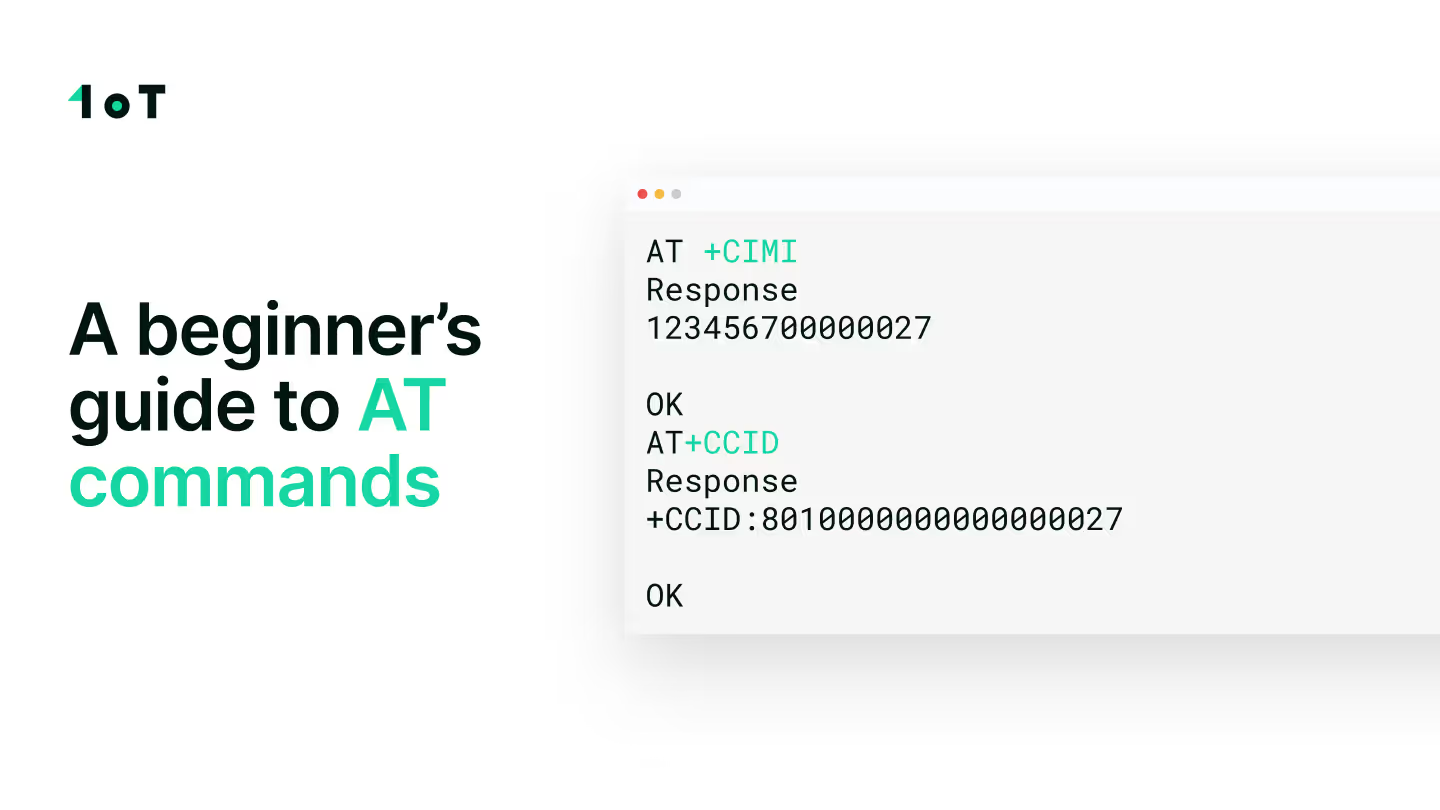Challenges for US companies to access scalable connectivity

The adoption of IoT and demand for wide-scale cellular IoT solutions in the US is growing rapidly, with an estimated market value of over $270 billion by the end of 2033, up from $56 billion in 2022. Whether you are an IoT startup in Texas or an SME in Europe trying to enter the US market to capitalize on this demand, chances are that if you produce an IoT device, you've started considering how to manage your connectivity in the United States.
Getting locked in with one connectivity provider
The US has some of the world's largest and most well-known telecommunications companies, with names such as AT&T, Verizon, T-Mobile, and other regional telecoms exceeding revenues of $410 Billion in 2022. However, working directly with these telecoms for IoT connectivity has some downsides if you are a small company or unwilling to make significant multi-year commitments. An even greater downside is that you will be limited to a single network's footprint after you commit, often exclusively, to use their network for your IoT device connectivity.
And while all three of the biggest networks boast coast-to-coast coverage, the reality is that each network has significant coverage gaps in the continental United States that leave your IoT deployment at risk of connection issues.

This ecosystem is especially difficult for SMEs and startups who are unable to make those six-figure commitments that are often required to receive competitive pricing. It can also be tough if you're hesitant about being held in a long-term contract with a single connectivity provider in one country.
What if there is a coverage gap where you need to deploy devices in two years? Can you afford to pay out the remainder of the contract to move to another telecom? What if your end customer requests Verizon when you have an exclusive contract with T-Mobile?
Being locked in with one telecom means the risks can easily pile up for a smaller company. Asking these questions early on to understand your company's connectivity needs and goals for today and the future allows you to set a strategy to manage unforeseen risks, maintain flexibility, and ultimately scale your business.
But you still need to connect your IoT devices in the US, and you need to do it quickly and seamlessly.
Accessing several telecoms with one eSIM
That's where 1oT enters the chat! With 1oT's eSIM solution, you gain access to multiple networks in the US and the ability to swap telecom profiles over the air with the click of a button.
In fact, 1oT currently provides access to 12 networks in the USA, including the big three and regional telecoms specializing in rural or regional coverage. Having access to additional telecom profiles helps minimize the coverage gaps mentioned earlier and adds the benefit of future-proofing your deployments. This will come in handy when telecoms merge, as we saw with Sprint and T-Mobile in 2020, or if a telecom goes bankrupt, which has happened to 20 different US telecoms from 2018-2023.
The 1oT eSIM allows you to switch telecoms over the air without needing to change the SIM in your device, giving you flexibility and control over the future-proofing of your devices. And with our connectivity management platform, 1oT Terminal, you can effortlessly manage your SIMs and eSIMs from one interface even if you are using multiple telecoms or are deployed globally.
1oT is a telecom-independent connectivity provider. This means that we work with our partner telecoms from around the world to provide the best IoT connectivity for your use case without locking you into complex or long-term contracts.
If you have an IoT project in the US or are planning to expand there, reach out to 1oT at sales@1ot.com.















.avif)














.avif)
























































